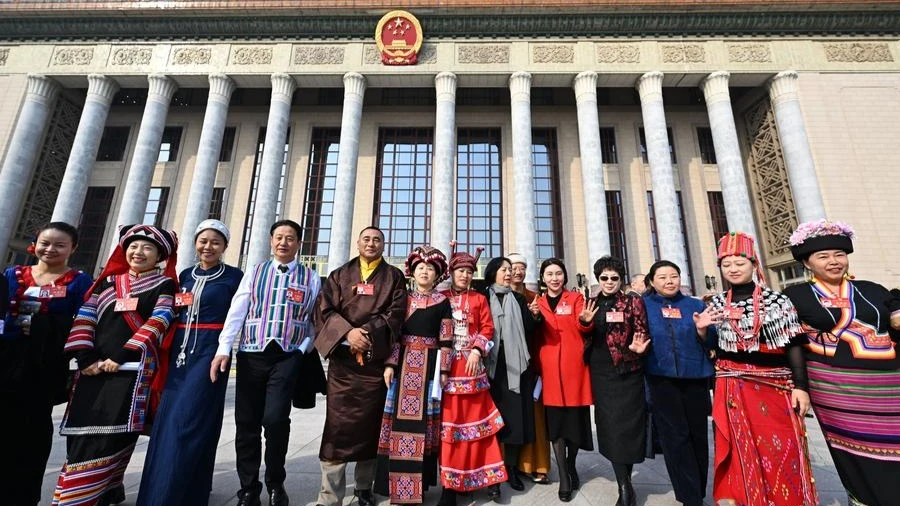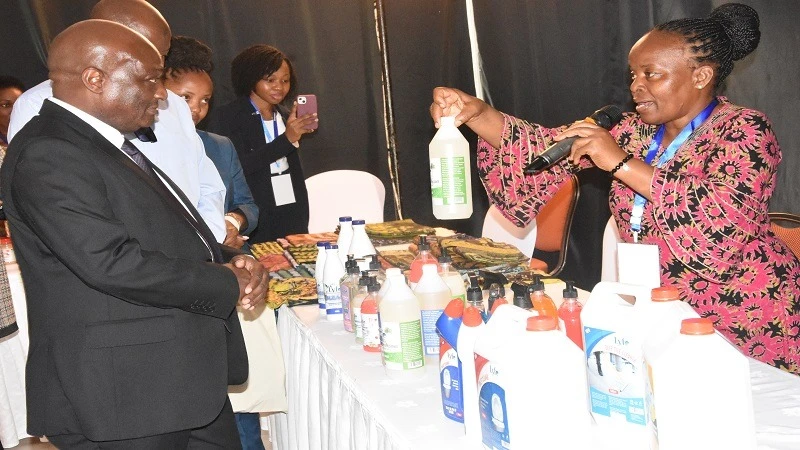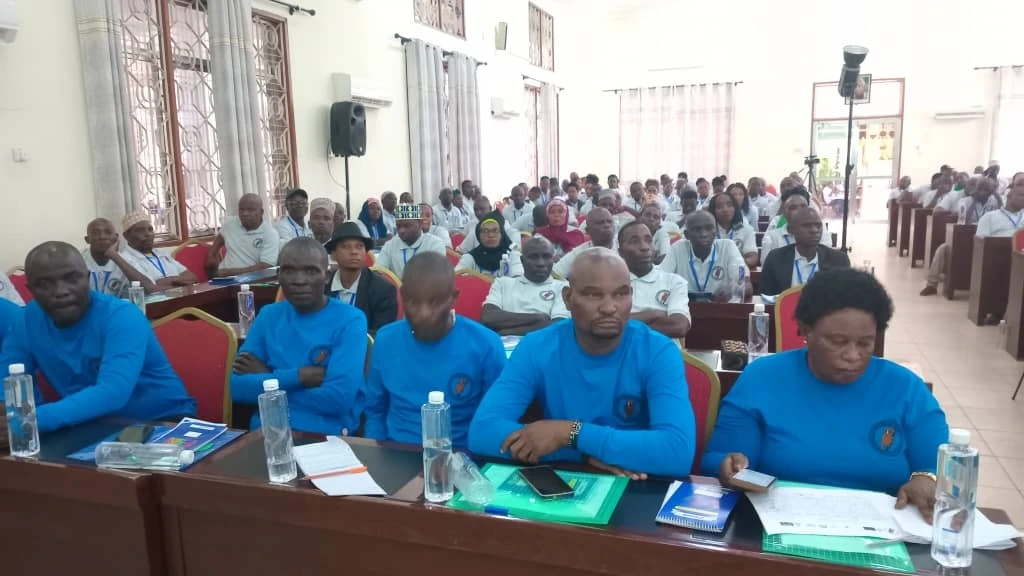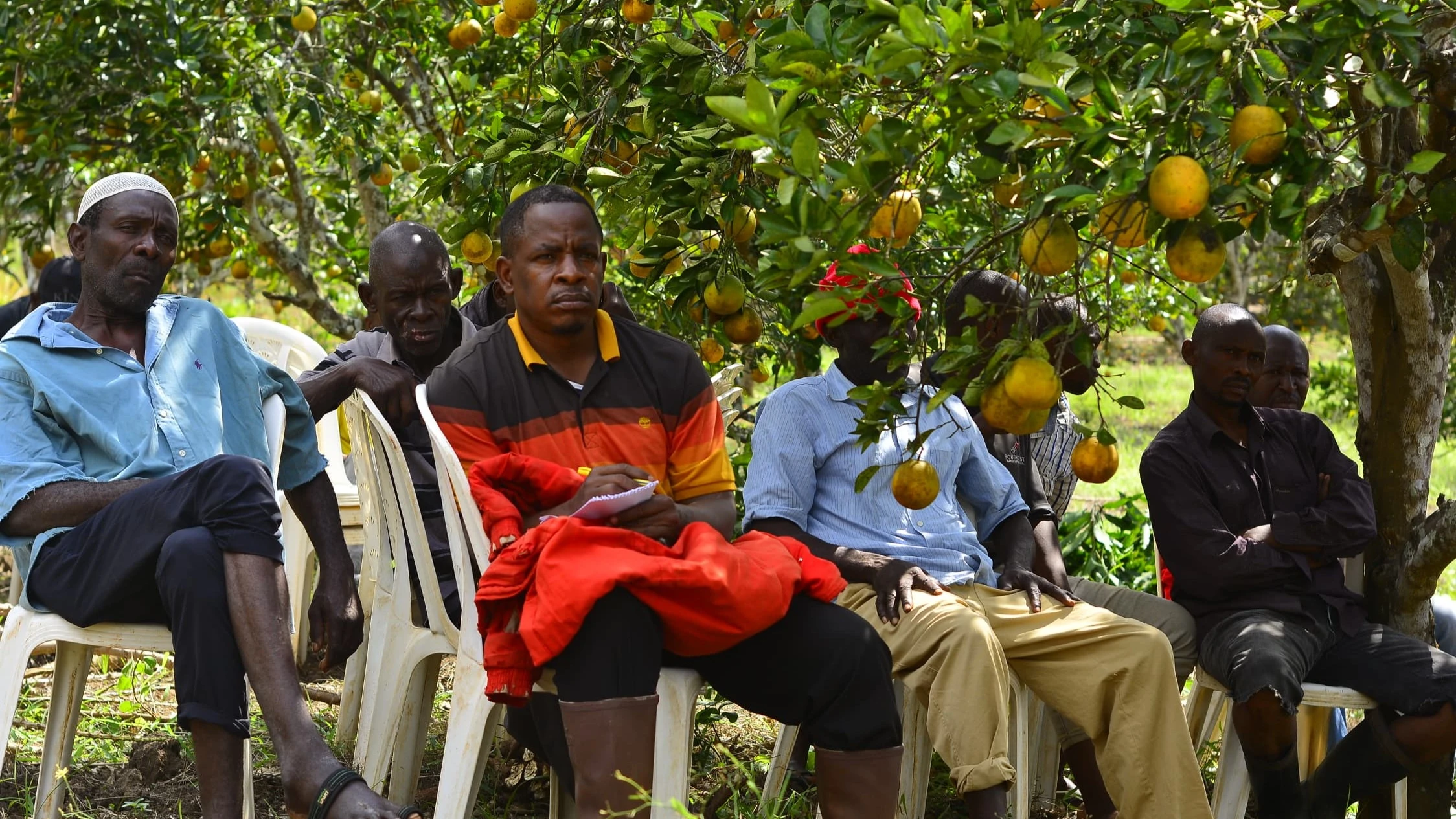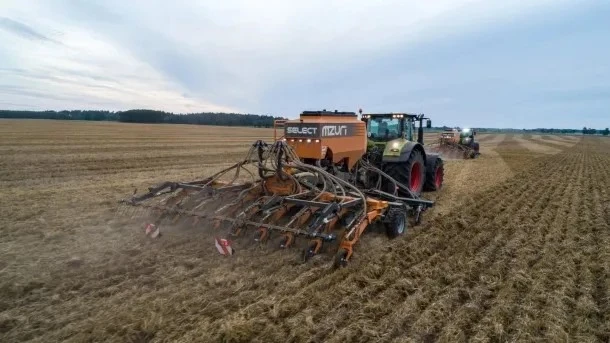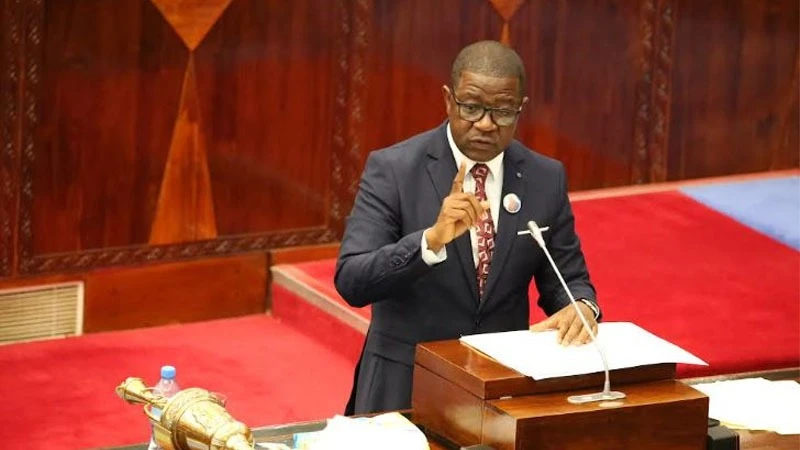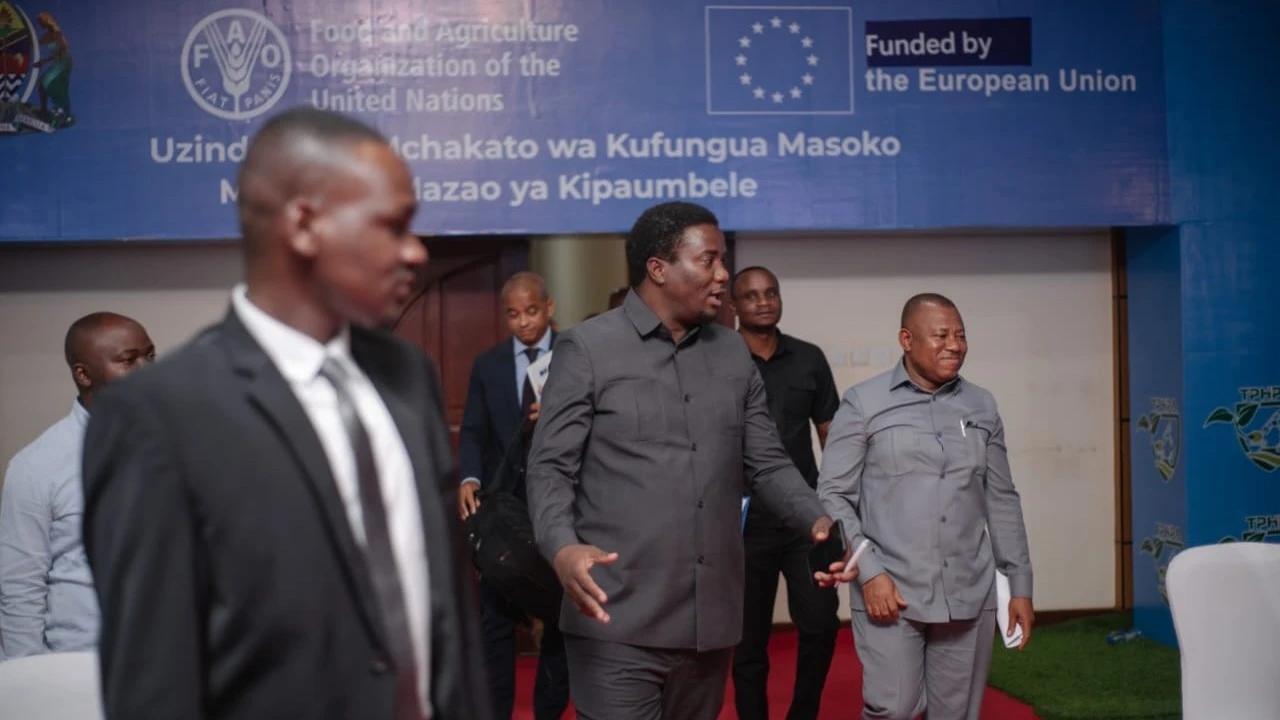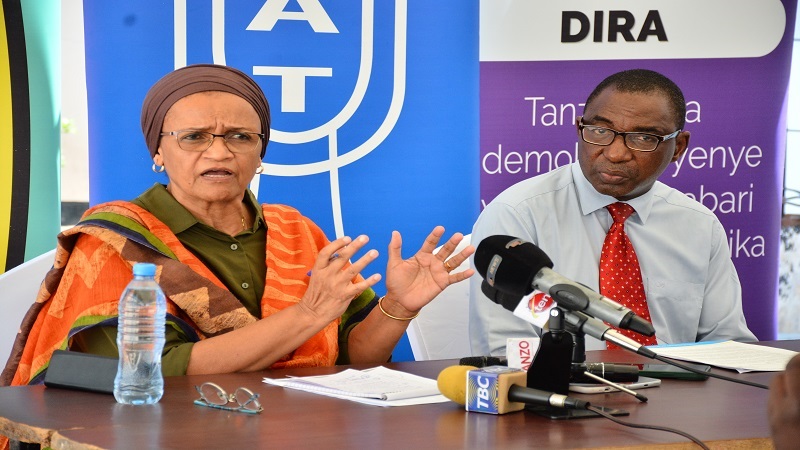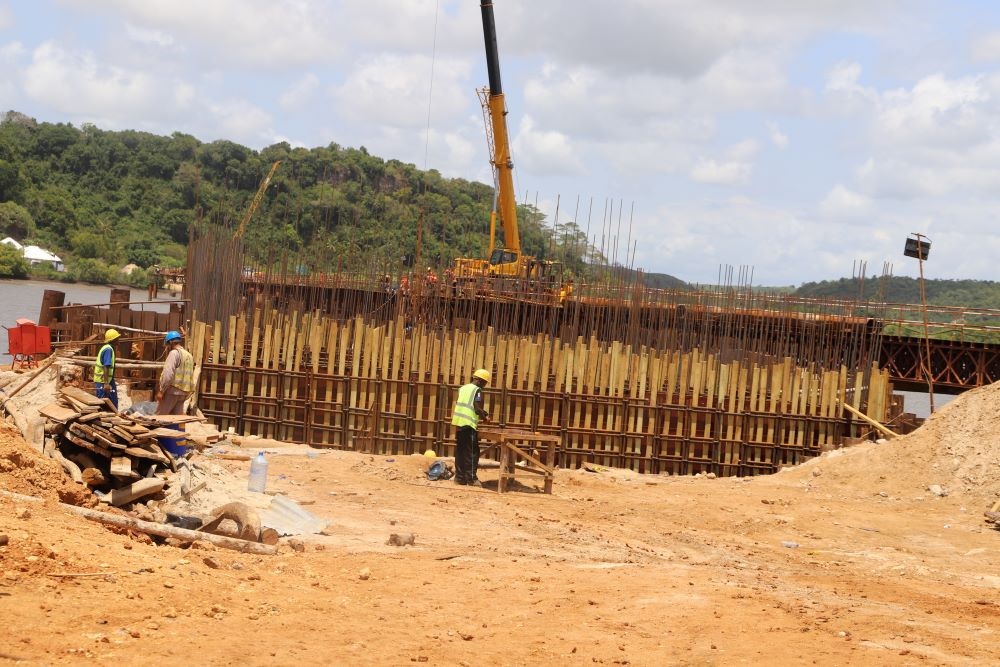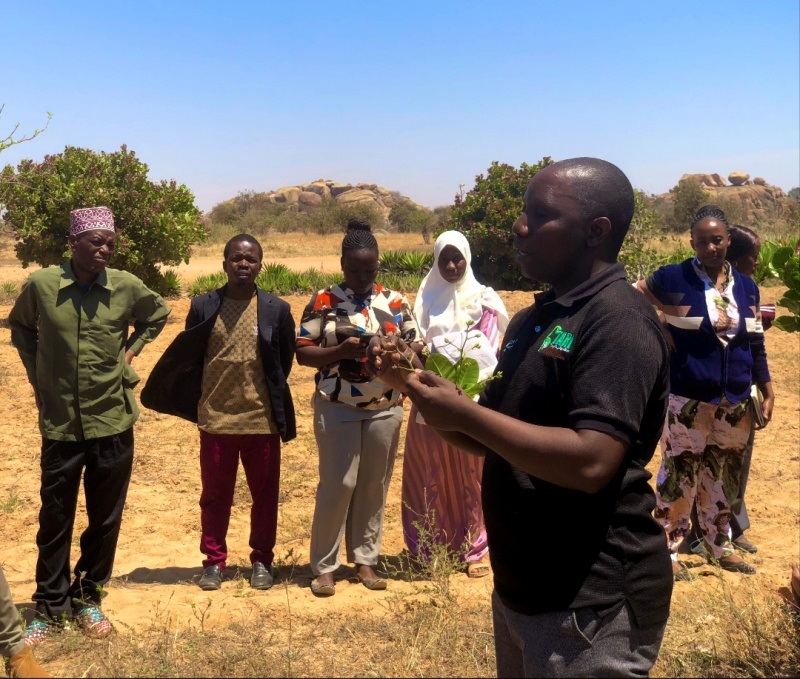Conservation community members urged to capitalize on beekeeping
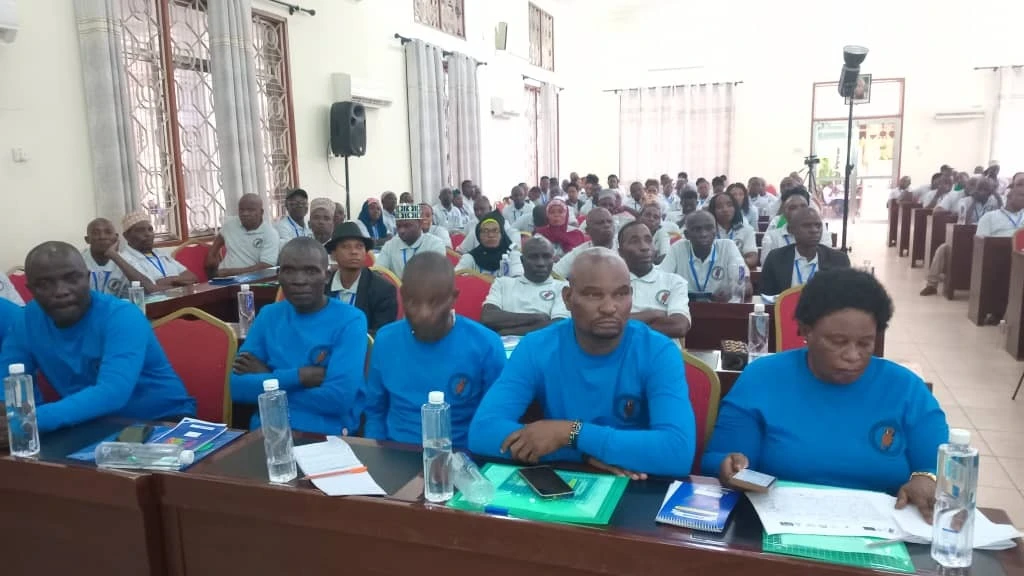
Members of the Tanzania Community Forest Conservation Network (MJUMITA) across six geographical zones have been encouraged to initiate beekeeping projects in their village forests.
This initiative aims to curb deforestation, increase income, and promote environmental conservation.
Daniel Lucas, the project manager for MJUMITA’s Forest and Farm Facility (FFF), made this call during the 24th MJUMITA Annual General Meeting held last week in the Morogoro Region.
The event attracted 15,000 community network members, forestry officials, village leaders, donors, staff from the Tanzania Forest Conservation Group (TFCG), and ward councilors.
Lucas identified the six zones as the Southern Highlands, Central, Northern, Western, Eastern and Coastal, and Southern. He highlighted the potential honey yields if beekeeping projects are initiated:
Tanzania's vast forest resources provide ideal conditions for honey production. By engaging in beekeeping, communities can not only generate income but also manage these resources more sustainably.
Beekeeping offers the opportunity to produce honey, beeswax, pollen, propolis, royal jelly, brood, and venom. These products help improve livelihoods, conserve forests, and combat climate change.
Lucas also noted MJUMITA’s efforts in supporting the beekeeping sector. To date, 61 individuals have been trained in adding value to bee products.
Additionally, MJUMITA has established the Kilosa District Beekeeping Federation and provided educational materials for primary school students, including a beekeeping book and an essay competition. The organization has also supplied 100 modern beehives to participating schools.
MJUMITA supports beekeepers in showcasing honey-based products at national exhibitions and has built demonstration sites for practical learning. Tanzania currently ranks as the second-largest honey producer in Africa, behind Ethiopia, and 14th globally, with 32,691 tons of honey produced in 2022.
Lucas emphasized that the beekeeping sector has great potential to contribute to the national economy and improve livelihoods.
It can create jobs, generate income, address health issues, ensure food security, and sustain ecosystems through pollination.
During the meeting, MJUMITA community network members proposed that the government allocate a budget for village forests similar to the funding provided for central and district forests.
They also called for training programs for village leaders and councilors in forest conservation and good governance, as some contribute to deforestation.
The Ministry of Lands, Housing, and Human Settlement Development is working on village mapping to prevent land disputes. Integrating forest conservation education into school curricula was also recommended to raise awareness among students.
MJUMITA’s members further advocated for each member to plant at least 10 trees to promote environmental conservation and encourage local communities to protect forests and mitigate the effects of climate change.
Continuous education on land laws is also necessary to reduce disputes, and an exchange program could facilitate knowledge-sharing among successful conservationists.
MJUMITA’s Executive Director, Rahima Njaidi, stressed the importance of collaboration among stakeholders to share experiences and develop strategies to combat deforestation, noting that it takes years to reverse forest loss.
Rehema Ngelekela, Chairperson of MJUMITA’s National Board, highlighted that 1.8 million hectares of forest have been conserved on village lands, allowing for local ownership and management.
This workshop was organized by MJUMITA with support from the African Visionary Fund, Maliasili Investing in People for Nature, and the United States Agency for International Development (USAID).
Top Headlines
© 2024 IPPMEDIA.COM. ALL RIGHTS RESERVED












